BOOK CLUB
Where politics is fun, history comes alive and
everyone learns and grows together.
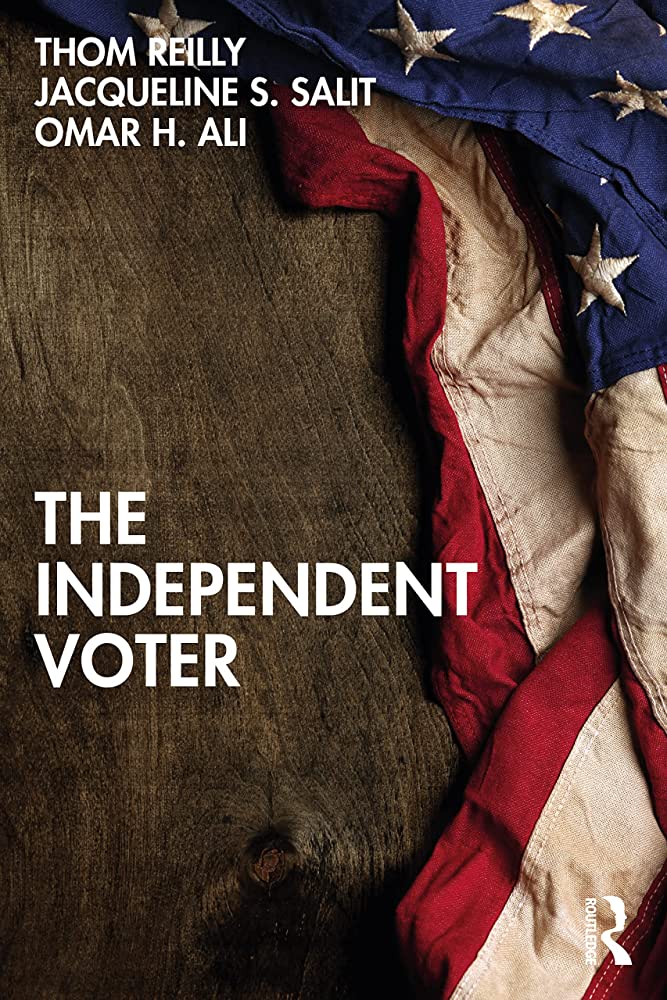
The Independent Voter looks at who independent voters are, and how they are transforming the political landscape in the United States. The book draws on historical and contemporary data (including survey data, participant observation, interviews, and current writings and scholarship), and provides timely new analysis.
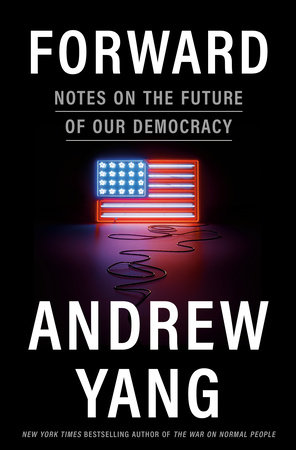
The machinery of American democracy is failing, Yang argues, and we need bold new ideas to rewire it for twenty-first-century problems. Inspired by his experience running for office and as an entrepreneur, and by ideas drawn from leading thinkers, Yang offers a series of solutions, including data rights, ranked-choice voting, and fact-based governance empowered by modern technology, writing that “there is no cavalry”—it’s up to us.

From two former military officers and award-winning authors, a chillingly authentic geopolitical thriller that imagines a naval clash between the US and China in the South China Sea in 2034—and the path from there to a nightmarish global conflagration.
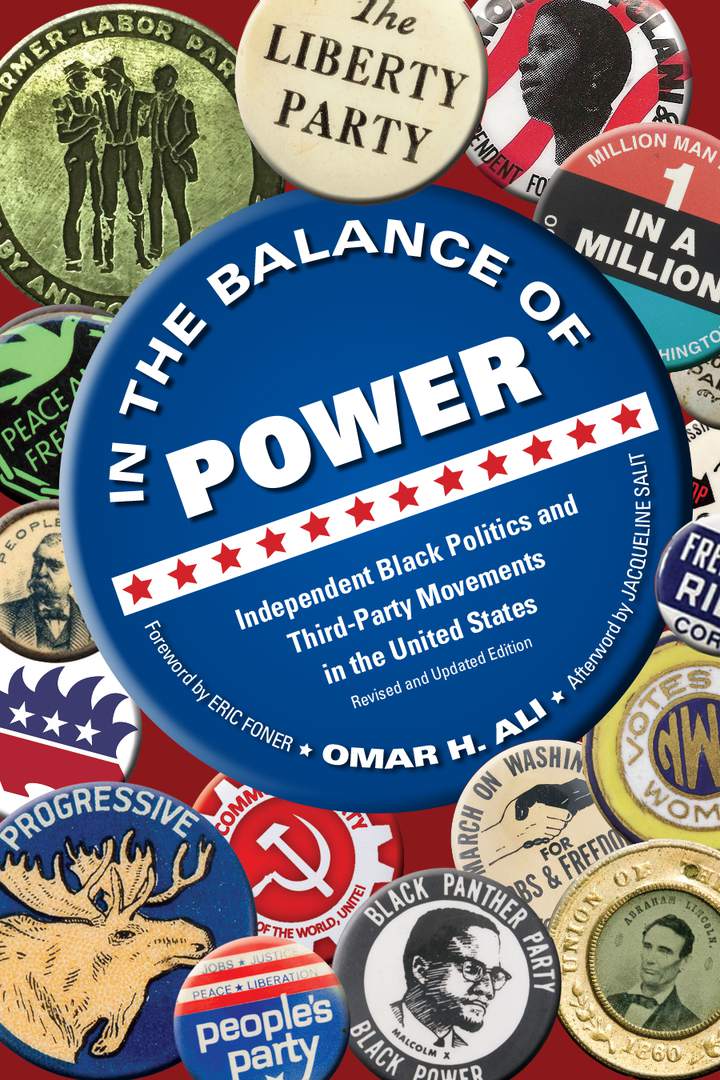
Originally published in 2008, Omar H. Ali’s groundbreaking study reveals the multiple independent political strategies and tactics that African Americans have used to expand democracy and to fight for civil and political rights since the founding of the nation. This new edition of Ali’s book includes an epilogue by independent political analyst and Independent Voting President Jacqueline Salit.

Utilizing a business analysis lens and Michael Porter’s Five Forces Framework, the authors examine our current political system and attempt to answer the following questions: Why is the United States innovative in so many areas, but not in politics? Why is it normal to have limited — and often disappointing — choices at the ballot box? What outcomes should we expect from an optimally functioning political system? And, most importantly, what can we do to start achieving those great outcomes?
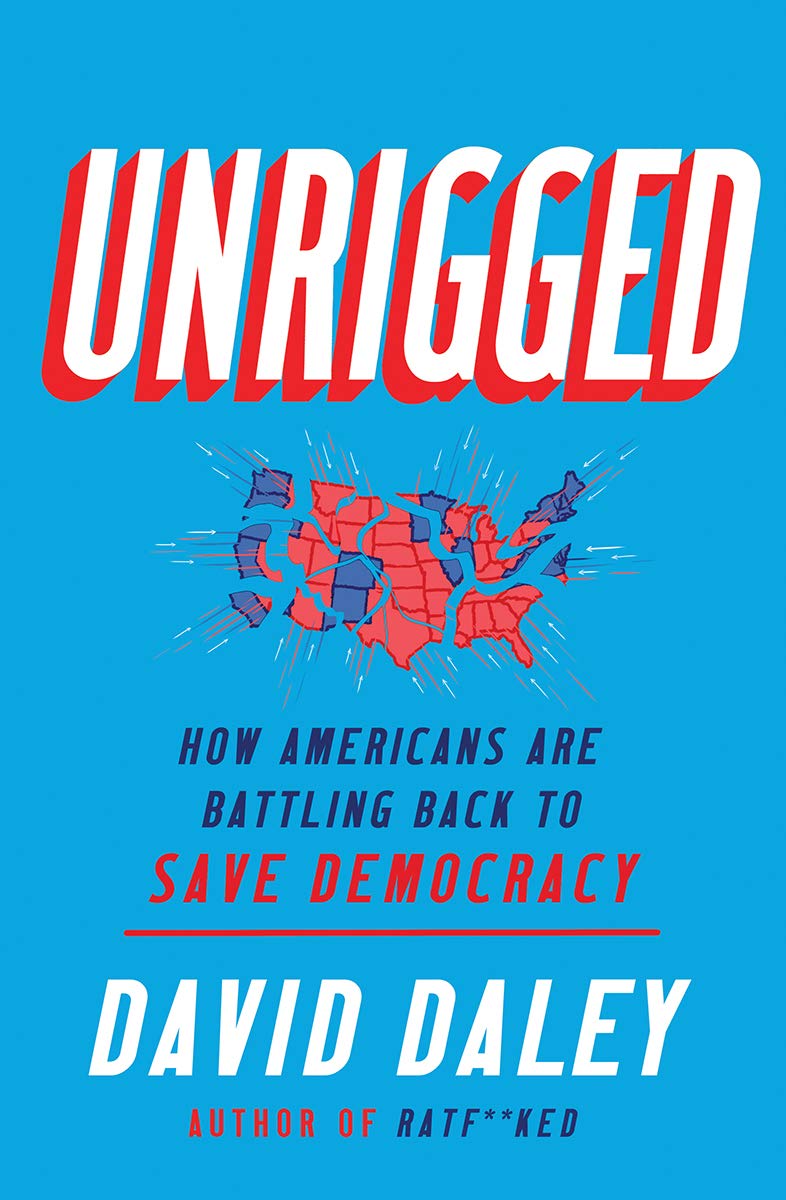
Daley takes you on the road across 2018 America to meet the citizen leaders in Maine, Michigan, Florida, North Dakota and Idaho that led fights for significant political reforms.
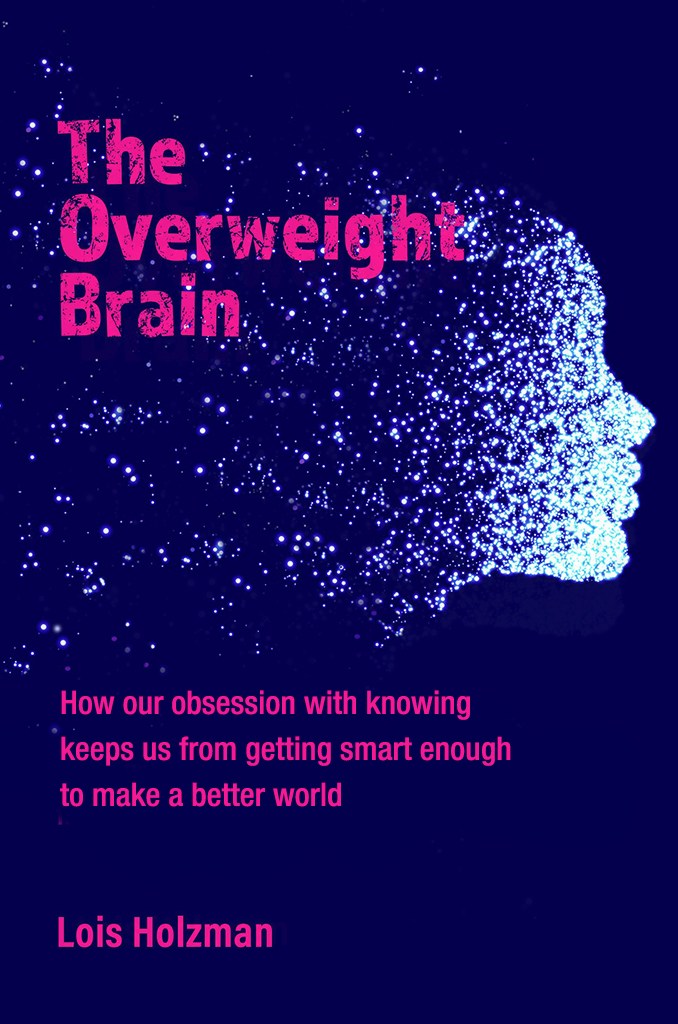
The premise of The Overweight Brain: How our obsession with knowing keeps us from getting smart enough to make a better world is that we have become obsessed with knowing. Judged for how much we know. Plagued by what we don’t. But history has moved on, and the knowing paradigm has become obsolete – stifling creativity and development.
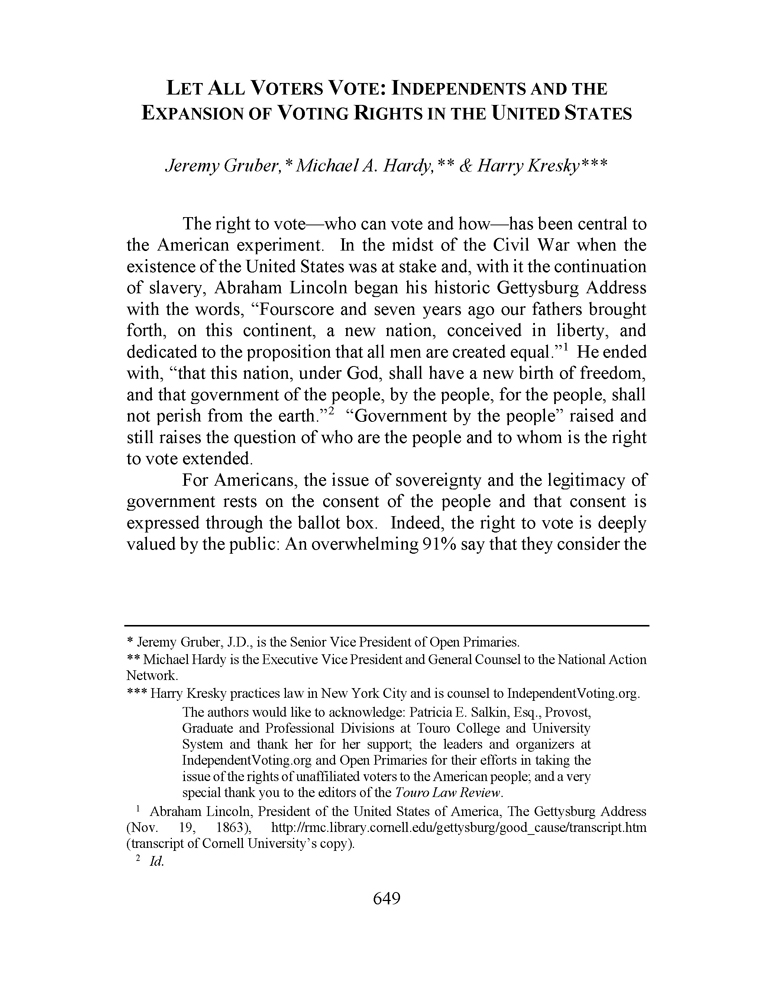
“Let All Voters Vote: Independents and the Expansion of Voting Rights in the United States” chronicles the legal history of the fight for full voting rights and how that history shapes the current terrain that independent voters – now 46% percent of the electorate – face as we press for full voting rights.
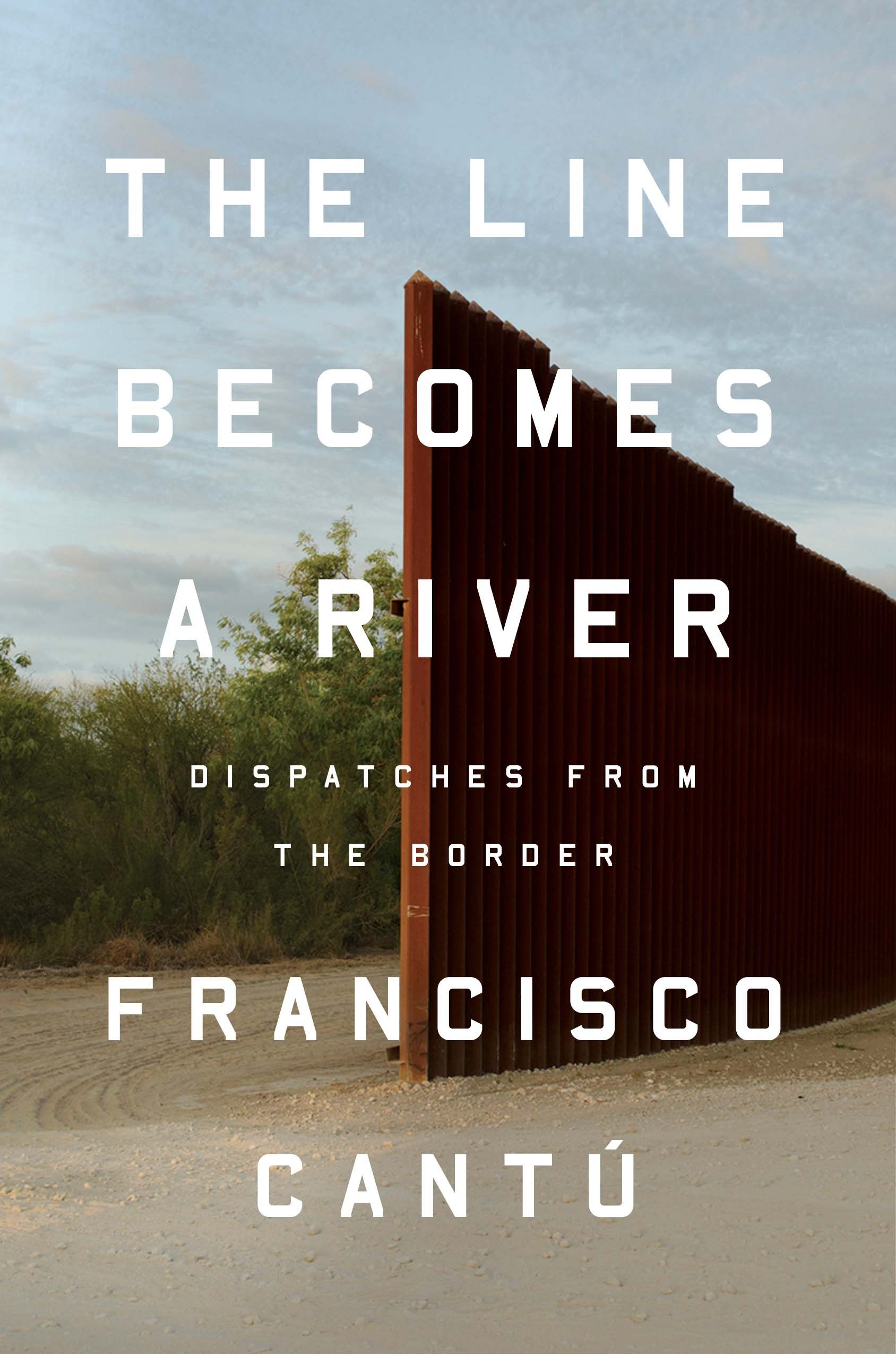
The Line Becomes A River: Dispatches from the Border is a haunting memoir about the people on the border, in the desert and in shadows who make it hard for us all to see one another. It’s about much of what is missing in the partisan conversation about immigration and “the wall.” Can we break down the partisan walls enough to let the actual people on both sides of the border inform our conversations?
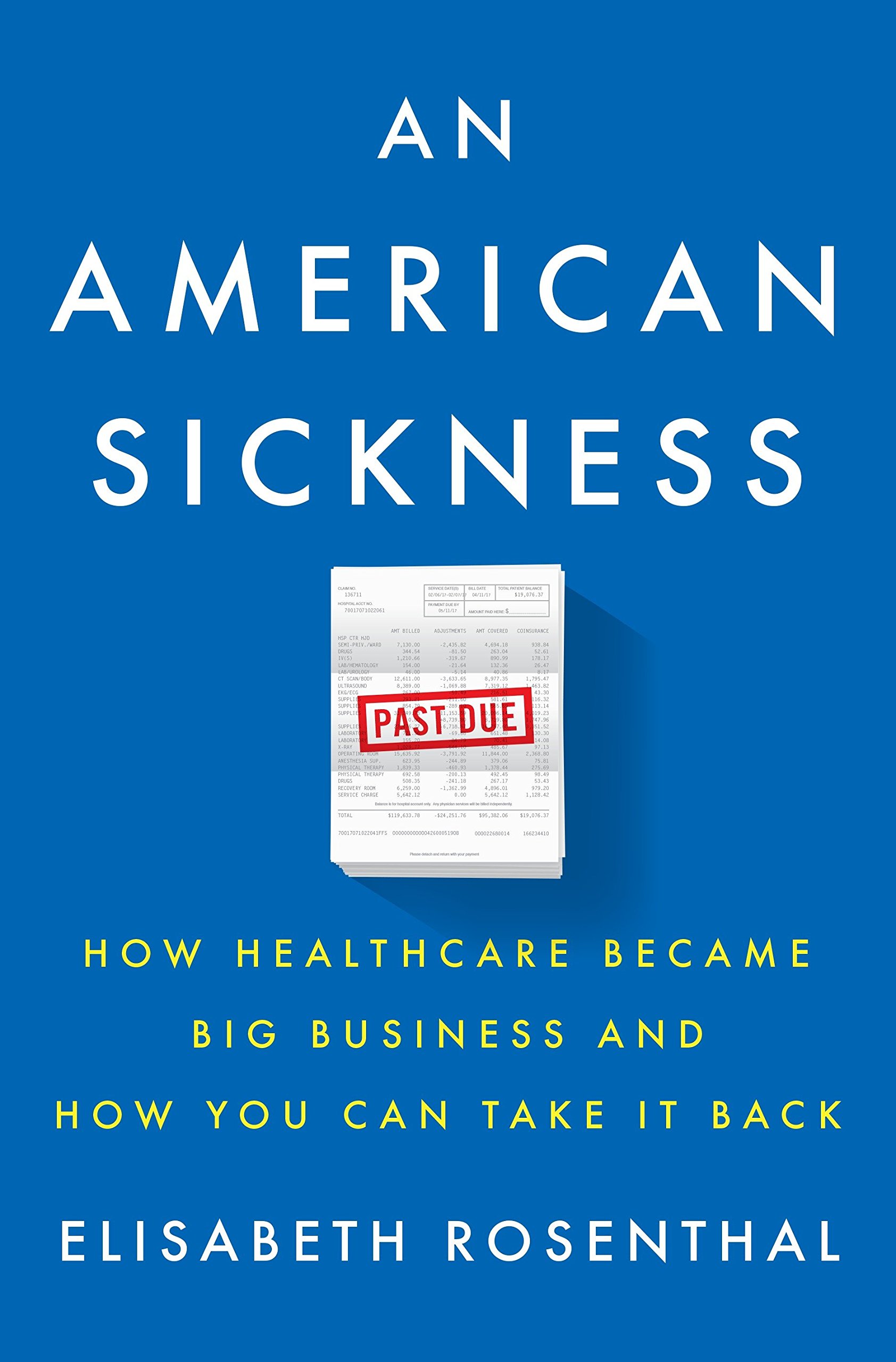
An American Sickness: How Healthcare Became Big Business and How You Can Take It Back pulls the curtain back on the various businesses that make up American healthcare and looks at how each industry – hospitals, doctors, insurance companies, drug manufacturers – work to maximize profit in what has become a $3 trillion industry.
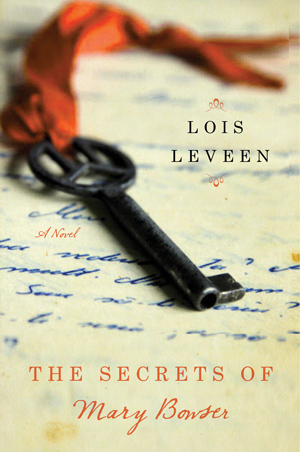
The best in historical fiction, this book is based on the life of Mary Bowser, a slave freed by her owner, who would go on to be educated in Philadelphia and ultimately return to the South where she lived once again as a slave and became a Union spy. The novel brings to life Philadelphia and Richmond before and during the Civil War as author Lois Leveen introduces us to an African American heroine who worked at grave risk to do her part to insure that the Civil War would mean the end of slavery.
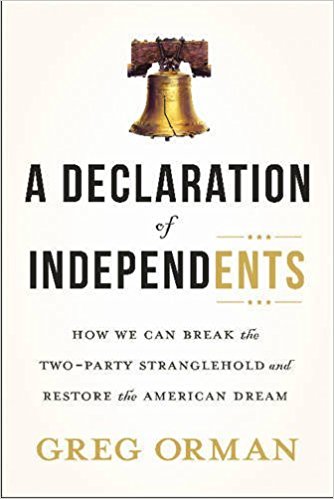
In 2014, Greg Orman–a successful business leader and entrepreneur–ran for U.S. Senate in Kansas as an independent. His landmark campaign attracted national attention as he nearly beat incumbent Republican Senator Pat Roberts. The Democrat in the race dropped out, recognizing that Greg had animated record numbers of voters and was in the best position. The race was very close until the very final days. The book chronicles Greg’s journey to becoming an independent and his experiences in this historic campaign. In Declaration of Independents, Greg describes the huge price we are paying as a result of the toxic partisan political culture in Washington. Greg spells out how that two-party machine works, the supporting institutions that reinforce the paradigm limiting both competition and accountability to voters. In the final section of the book, Greg lays out his vision for reinventing our political system.